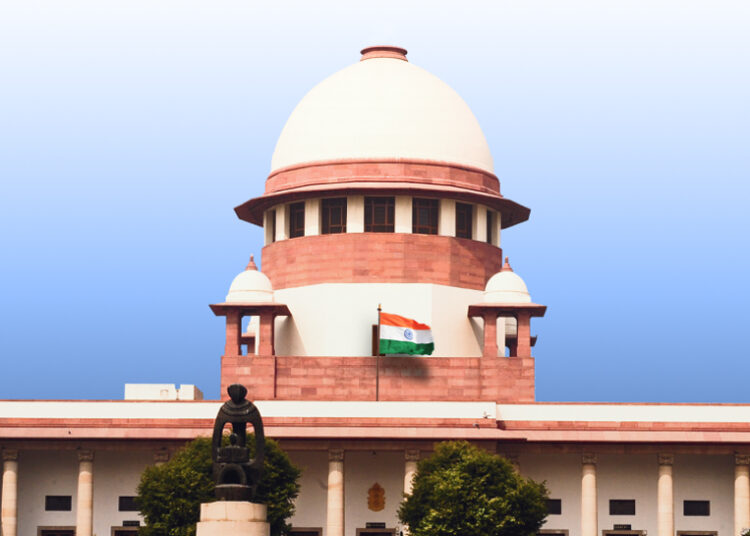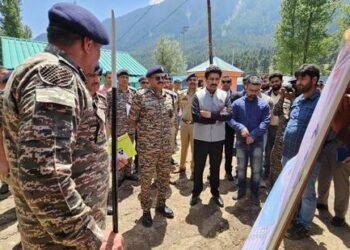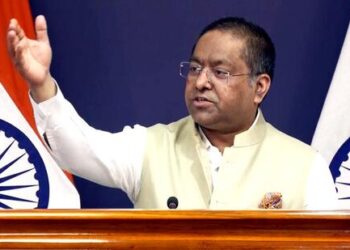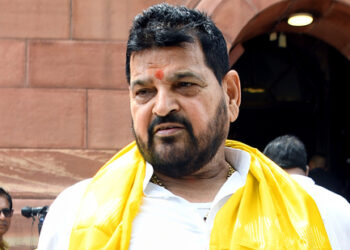The Unlawful Activities (Prevention) Act (UAPA) amendments, the Supreme Court of India has declined to hear petitions challenging the constitutional validity of the changes, instead referring the matter to the Delhi High Court. The decision came during a hearing on February 4, 2025, where a bench consisting of Chief Justice Sanjiv Khanna, Justices Sanjay Kumar, and K V Viswanathan emphasized that the Supreme Court should not act as the court of “first instance” in such matters.
The Supreme Court’s stance reflects its view that complex legal issues arising from the UAPA amendments should be initially addressed by the high courts. Chief Justice Khanna stated, “We cannot be the court of first instance… Let it be first decided by the high court.” The court noted that other high courts could also hear similar petitions regarding the UAPA amendments.
The petitions in question were filed by individuals including Sajal Awasthi, the Association for Protection of Civil Rights, and Amitabha Pande, who argue that the amended provisions of the UAPA violate citizens’ fundamental rights, such as the right to equality and freedom of speech. The amendments, which were passed by Parliament on August 2, 2019, and received presidential assent shortly after, empower the government to designate individuals as terrorists and impose restrictions, including travel bans, under the guise of countering terrorism.
Awasthi’s plea asserts that these provisions infringe upon the fundamental right to life and liberty and impose an indirect restriction on the right to dissent, which is detrimental to a democratic society. The amendments have been criticized for lacking substantive and procedural due process, particularly the provision that allows individuals to be labeled as terrorists without a chance to be heard, violating their right to reputation and dignity under Article 21 of the Constitution.
Senior advocate C U Singh, representing one of the petitioners, expressed concerns about the logistical challenges faced by retired bureaucrats who filed the petitions in the Supreme Court, stating that they would find it inconvenient to present their case before multiple high courts. The Chief Justice acknowledged these concerns and agreed to list the pleas before the Delhi High Court.
In a separate Public Interest Litigation (PIL) filed by the Association for Protection of Civil Rights, the amendments are described as unreasonable and excessive, arguing that labeling someone a terrorist based solely on government belief leads to lifelong stigma and tarnishes an individual’s reputation. The petition seeks to declare Sections 35 and 36 of the UAPA as unconstitutional, highlighting the arbitrary nature of the provisions and the lack of transparency in the government’s decision-making process.
As the legal battle moves to the Delhi High Court, the implications of the UAPA amendments on civil rights and due process continue to raise significant concerns among legal experts, activists, and citizens alike. The outcome of this case may set important precedents regarding the balance between national security and individual rights in India.








 India
India












